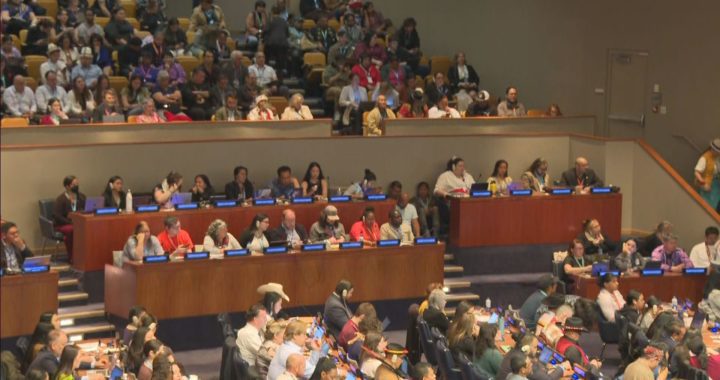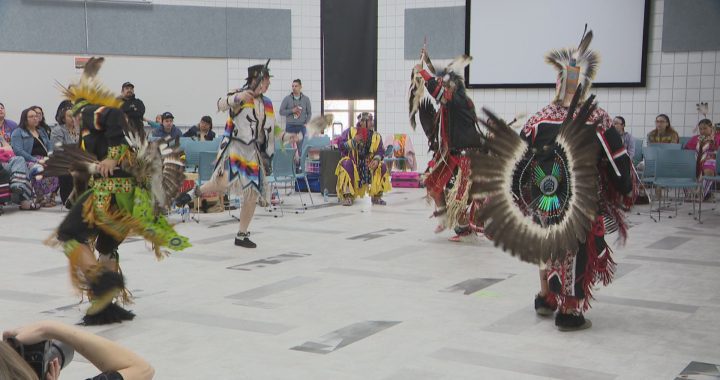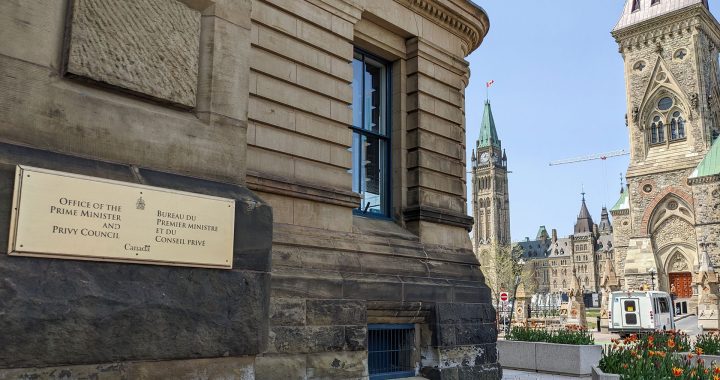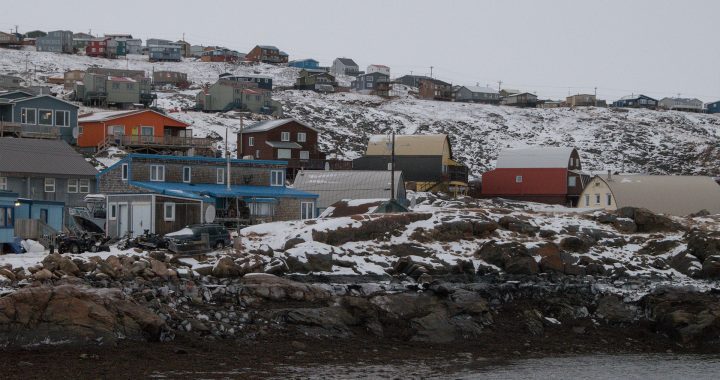APTN News
First Nations people are individuals first and band members second, a Manitoba judge was told Friday.
“We are not children,” said Clifford Anderson. “We do not need our chief and council’s consent to pursue a matter like this.”
Anderson is one of the lead plaintiffs in a flood damage class-action settlement that was decided in a Winnipeg courtroom.
“These are my personal losses, not something owned by the band,” he told Justice James Edmond in urging him to accept the $90 million offered by the provincial and federal governments.
“We have a fair deal.”
Edmond approved the compensation package that would award adults $42,000 to $67,000 in “disruption payments” while children would receive 10 per cent of that.
Anderson was one of three flood victims to speak in favour of the deal that would compensate members of four First Nations for personal damages.
The communities of Pinaymootang, Lake St. Martin, Little Saskatchewan and Dauphin River that ring Lake Manitoba were flooded in 2011, after the Manitoba government intentionally diverted water from the swollen Assiniboine River to spare Winnipeg.
More than 4,000 people were affected and spent the past six years living in trailers, hotels, apartments or staying with friends and family members – mostly in Winnipeg. While 3,600 were living off reserve.
“What am I doing here in a strange place?” said Elder Mary Stag of her time living in the Manitoba capital.
“I’m 78. This is no place for me. My place is in Dauphin River.”
Stag said the compensation would help ease the displacement but she would never recover completely from losing her home and community.
“I don’t even know how to describe it without crying in front of the courtroom,” she said of the hardship.
Bertha Travers of Little Saskatchewan also urged the judge to accept the settlement offer.
“Some people have been given houses but they have no furniture,” she said. “We’d like to see… our belongings replaced.”
Two chiefs filed last-minute motions opposing the settlement reached by McKenzie Lake Lawyers in London, Ont.
As did four evacuees from Lake St. Martin, who spoke against the compensation point system.
There is an “unjustness and inequity” to this, said their lawyer David Newman, because the Manitoba government “chose not to do it as a humanitarian public policy thing.”
He said the money was a drop in the bucket compared to what they lost after their community was wiped off the map.
But Anderson said this settles claims for personal belongings not communal property like housing, infrastructure and land. Something, he said, band members have come to rely on their leadership to fight for.
“My brother (Kurvis) and I recognized we could go after personal losses,” he said, noting his chief and council supported the court action.
“I am a band member who has rights – individual rights.”
Under the deal, compensation is also available for band members who lived off reserve and the estates of people who died since the flooding.
The governments didn’t admit wrongdoing and continue to negotiate with band councils on other lawsuits related to the widespread damage.
The flooding also ruined farmland and destroyed cottages.









